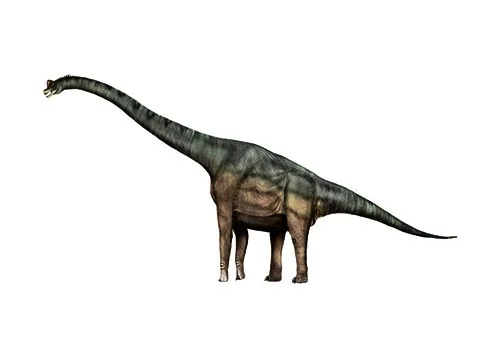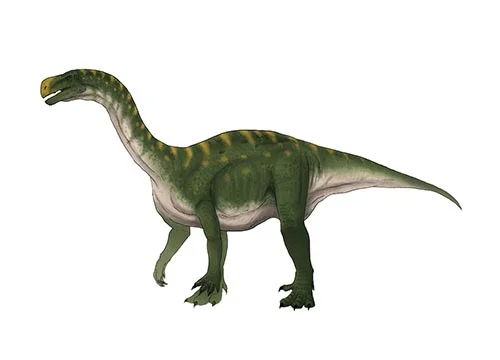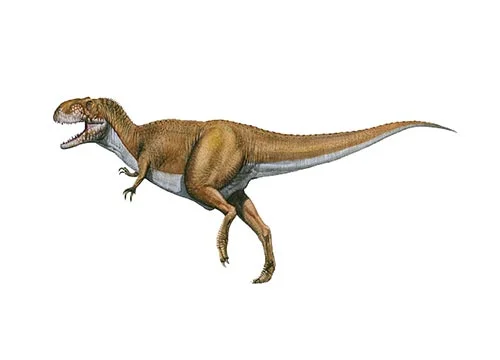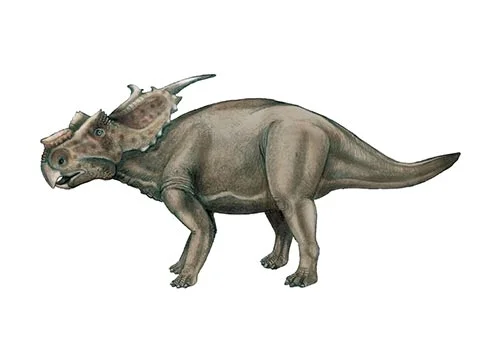Brachiosaurus (Arm lizard)

Brak-he-o-sore-us
Elmer S. Riggs - 1903
Herbivore
Estimated 26-30 meters long
Sauropod
B. altithorax (type)
Algeria, Portugal, Tanzania, USA, Morrison formation
Late Jurassic, 154-153 million years ago
Brachiosaurus Facts
Brachiosaurus, whose name means “Arm Lizard,” was a giant sauropod dinosaur that lived during the Late Jurassic period, around 154 to 153 million years ago. It was a herbivorous dinosaur that lived in what is now North America, and was one of the largest dinosaurs ever discovered, with an estimated length of up to 82 feet and a weight of up to 80 tons.
One of the most distinctive features of Brachiosaurus was its long neck, which was proportionally longer than any other dinosaur. This long neck allowed Brachiosaurus to reach high into trees to feed on the leaves of tall vegetation, without having to move its massive body. In fact, its neck was so long that it could reach up to 50 feet in the air, which was about the height of a 10-story building.
Another unique characteristic of Brachiosaurus was its posture. Unlike other sauropods, which had a horizontal posture, Brachiosaurus held its neck vertically, which gave it a more upright stance. This upright posture, combined with its massive size, made it an impressive sight for any other creatures that might have encountered it.
Brachiosaurus was first discovered in 1900 by American paleontologist Elmer Riggs, and since then, several skeletons have been found, allowing us to learn more about this fascinating dinosaur. Despite its massive size, Brachiosaurus was a gentle giant that lived a peaceful life, and it is believed that it lived in herds, providing safety in numbers.
In conclusion, Brachiosaurus was one of the most impressive dinosaurs that ever lived, and it continues to fascinate paleontologists and dinosaur enthusiasts alike. Its unique characteristics, such as its long neck and upright posture, make it a fascinating subject for study and a valuable addition to our understanding of dinosaur evolution.



